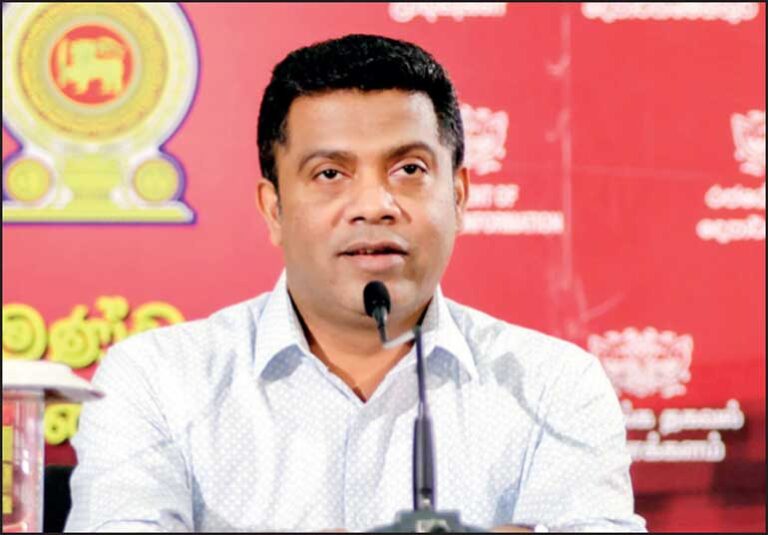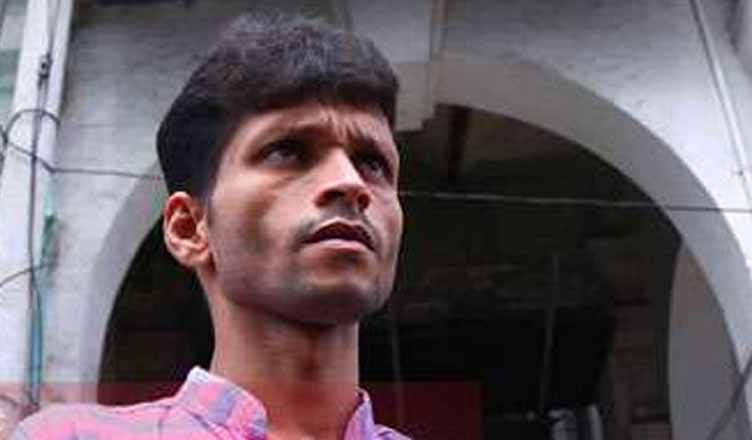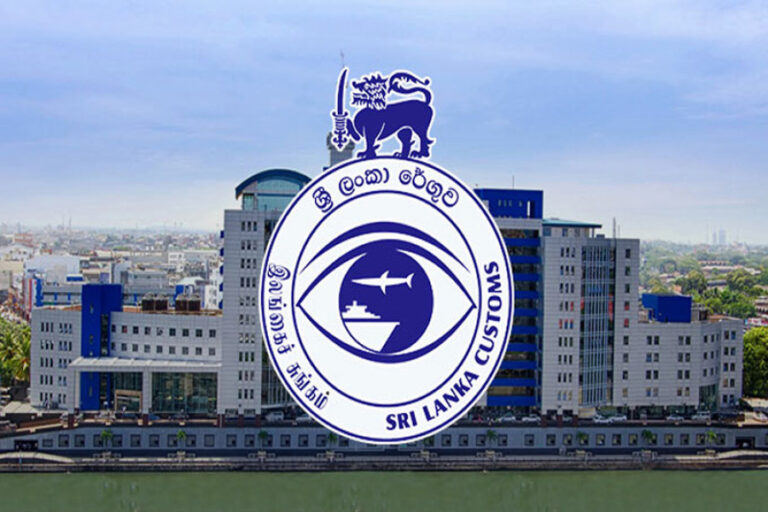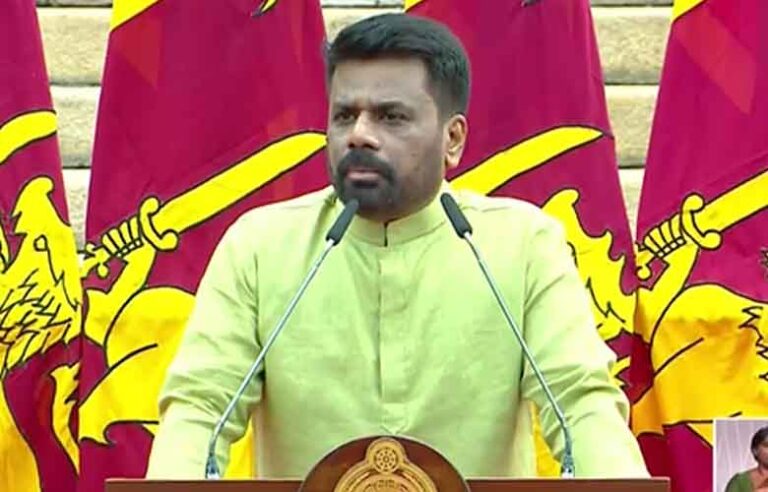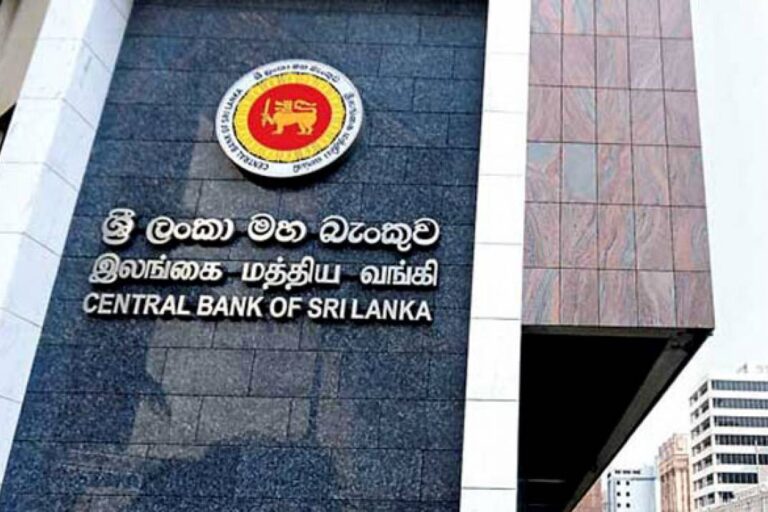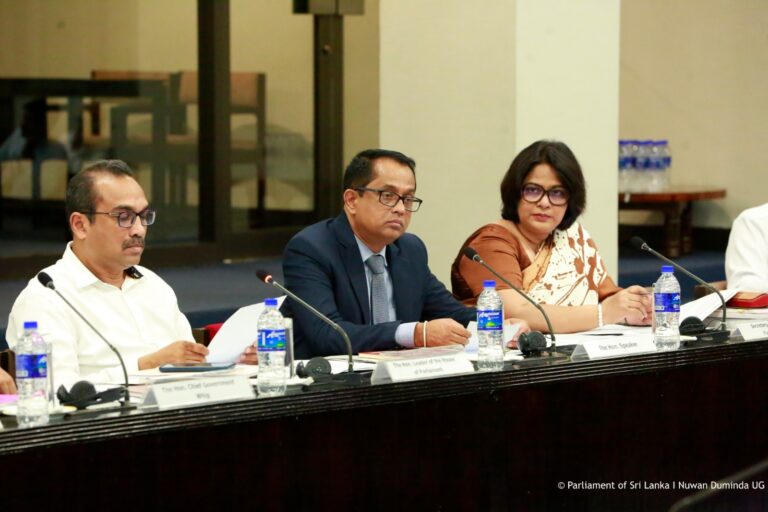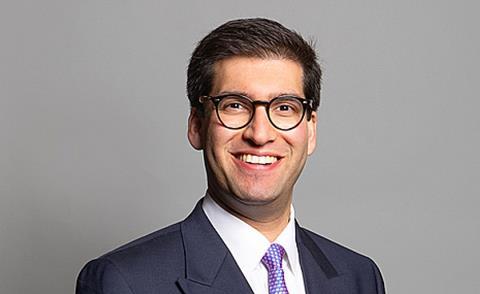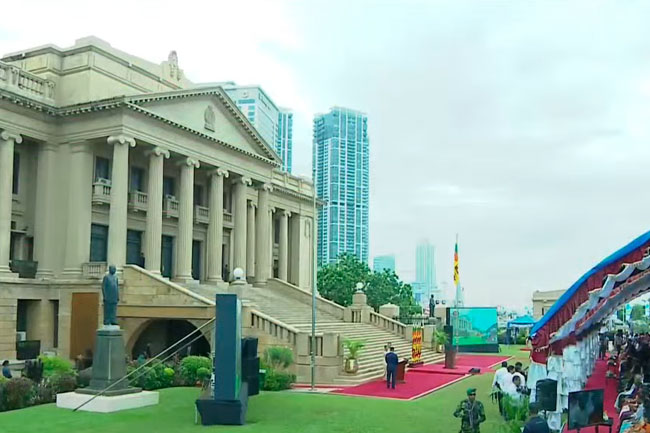By: Staff Writer
January 01, Colombo (LNW): The government has introduced measures to enhance the implementation of public investment projects through rigorous monitoring and evaluation of their progress. Over the 2022-2024 period, the public investment plan amounts to Rs. 3,050 billion, with 17% allocated to social infrastructure, primarily in health and education.
For new projects during this timeframe, Rs. 234 billion—equivalent to 8% of the total investment—has been earmarked. A Finance Ministry report emphasizes the importance of prioritizing projects addressing post-crisis recovery needs.
To ensure efficient implementation, the Cabinet of Ministers has approved the establishment of a committee for investment project oversight, announced Minister Nalinda Jayatissa. T
he State Investment Supervision and Evaluation Committee, comprising 11 members, including two ministry secretaries, aims to resolve challenges in project management and supervision.
Minister Jayatissa highlighted that over the past decade, the lack of anticipated results from public capital investments has hindered targeted development.
The new committee will oversee strategic decision-making on project planning, resource allocation, budgeting, finance, and monitoring, relying on input from Chief Enumeration Officers.
Infrastructure Development Focus
The government is committed to upgrading the nation’s infrastructure, including roads, ports, airports, power, and telecommunications.
Public Investment Programme (PIP)
The 2021-2024 Public Investment Programme is a cornerstone of the government’s strategy for sustainable and inclusive growth, rooted in its National Development Policy Framework.
Public-Private Partnerships (PPPs)
Sri Lanka has a robust history of PPPs in infrastructure, completing 73 projects in electricity, telecommunications, and ports between 1990 and 2014.
2024 Investments
For 2024, Rs. 1,260 billion has been allocated to public investments across roads, bridges, agriculture, irrigation, education, health, drinking water supply, and urban development. During the first eight months of 2024, Rs. 454.7 billion was spent—26.6% of the annual estimate—marking a 16.7% increase compared to Rs. 389.6 billion during the same period in 2023.
The road sector accounts for the largest share of actual expenditure in 2024, with 47% of allocated funds. Overall, road development represents 25% of the total investment, followed by irrigation at 6%.


